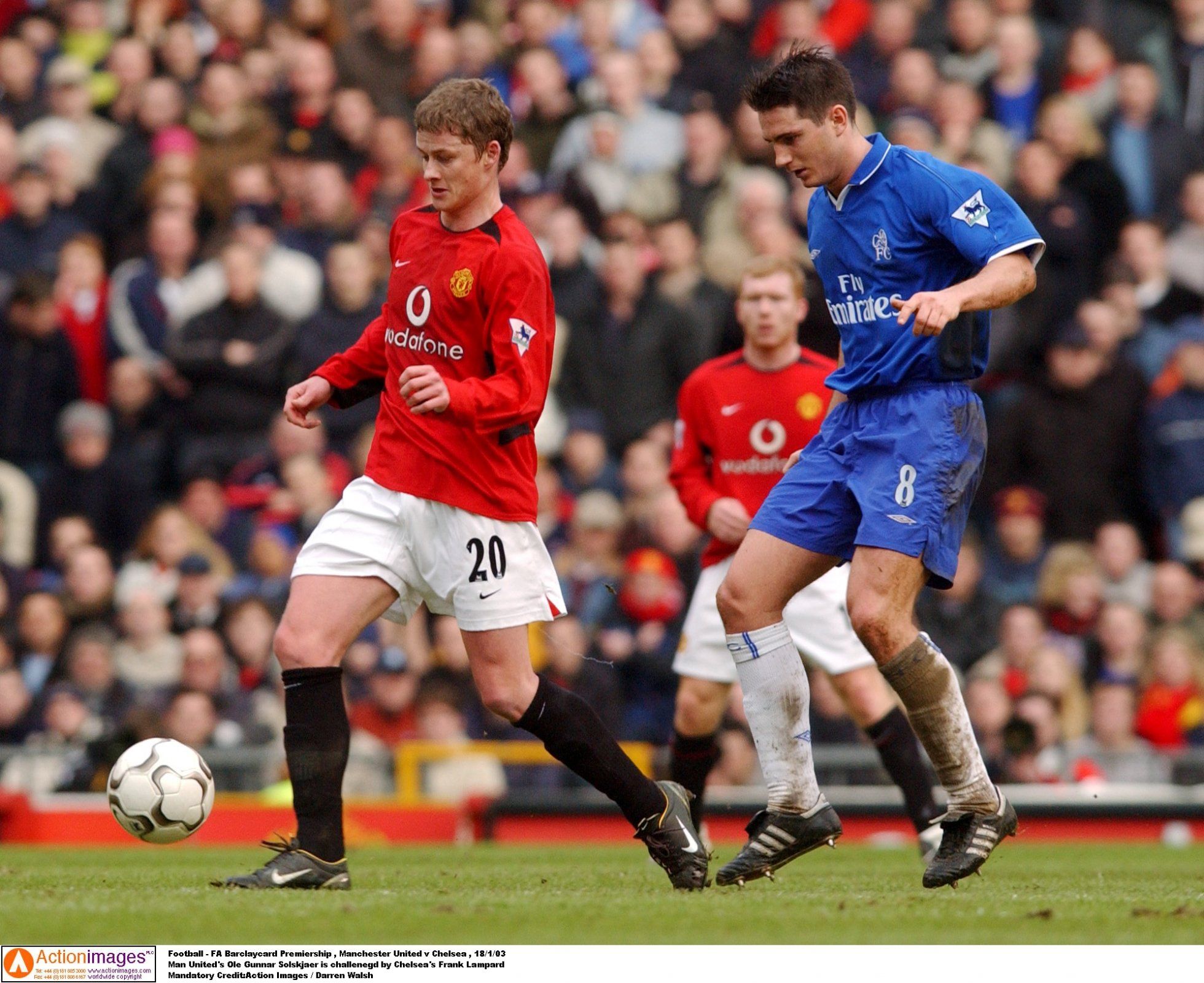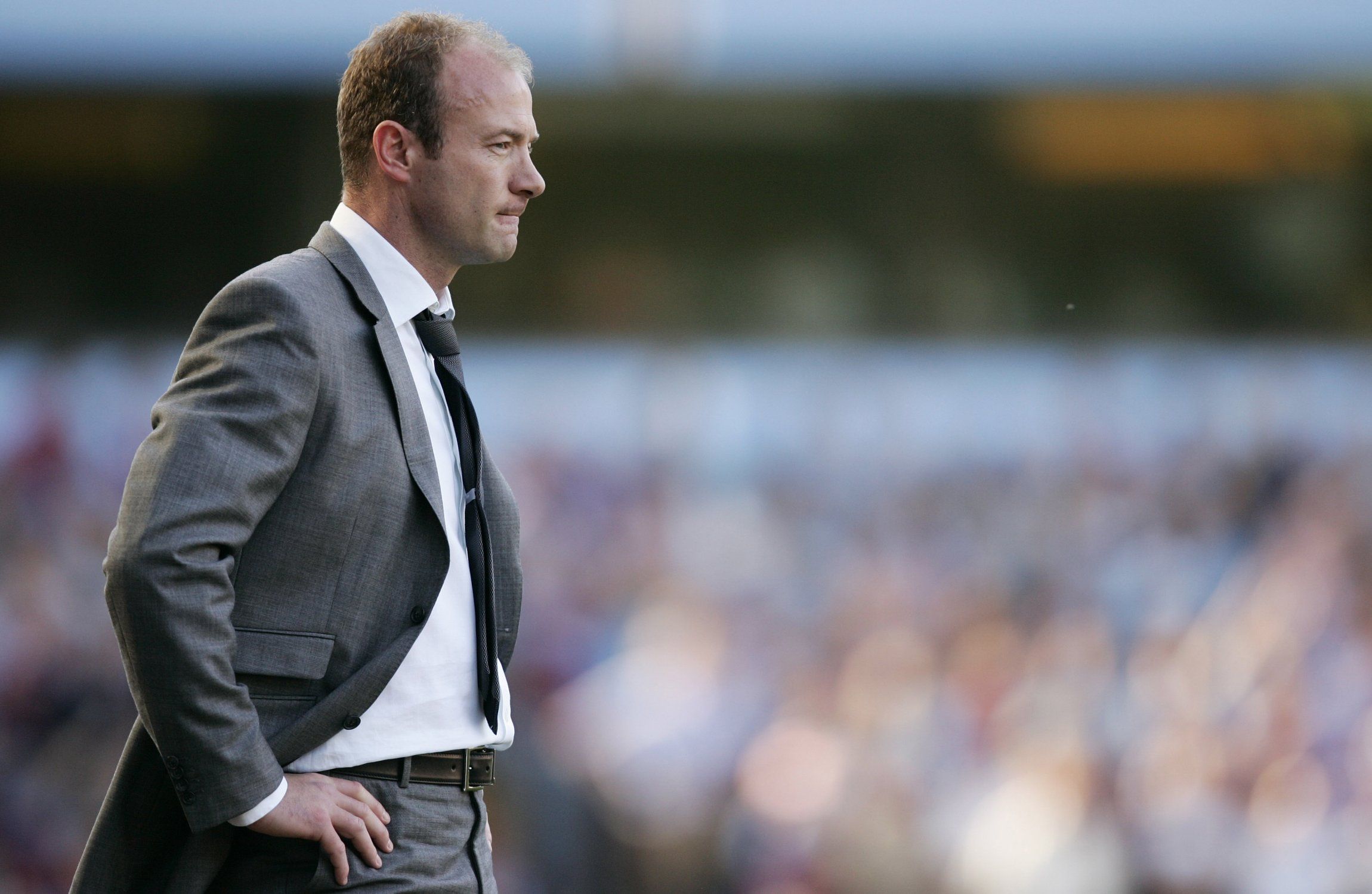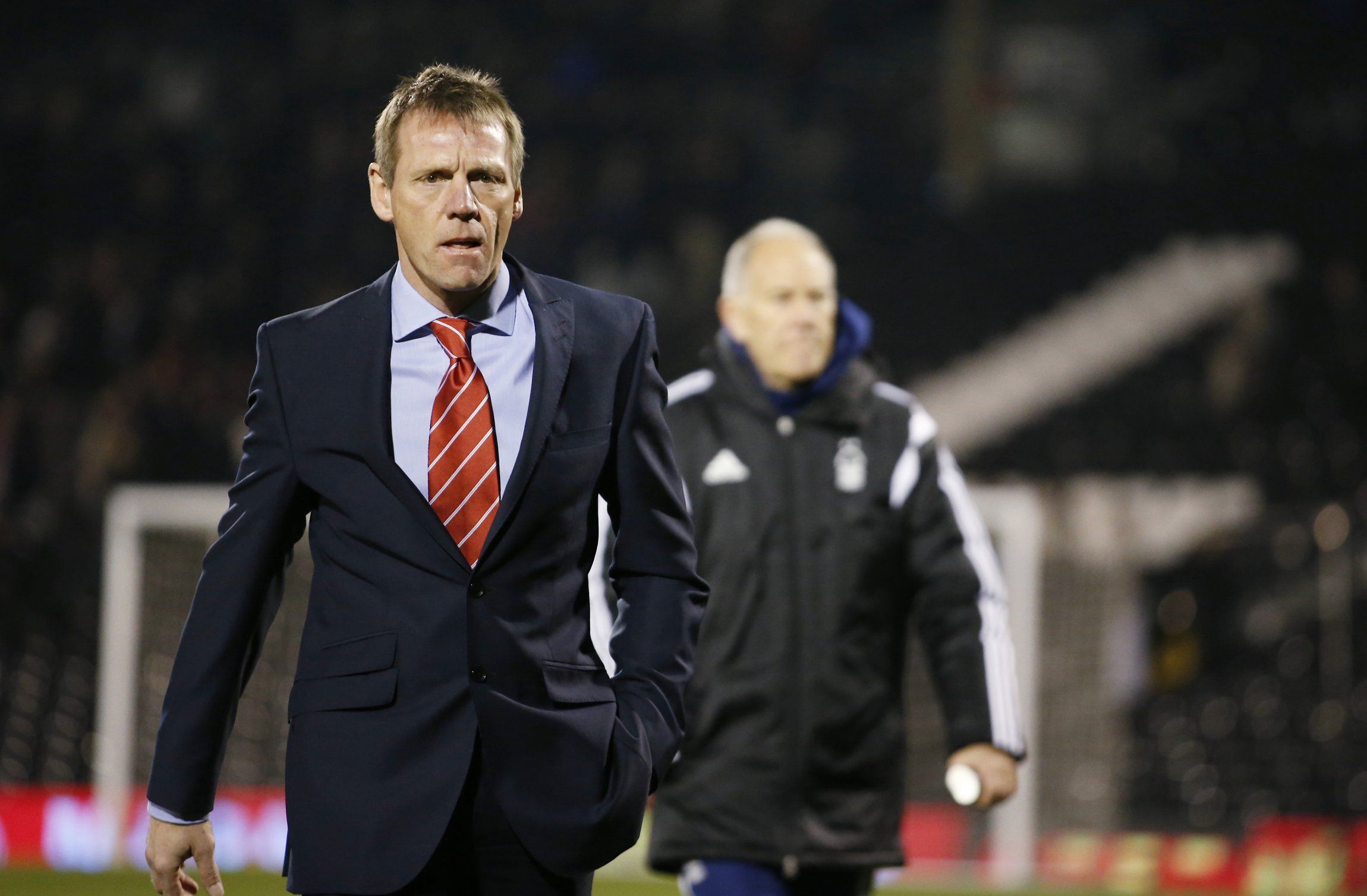[ad_pod ]
Earlier this summer Alan Shearer publicly backed his former international team-mate Frank Lampard to fill the vacant hot-seat at Chelsea. His reasoning was three-fold.
The 41-year-old Stamford Bridge legend knows the club ‘better than anyone else’; the fans want him; and due to Chelsea’s transfer ban throwing up all manner of uncertainties ‘Lamps’ is exactly the stabilising figure needed right now.
At first glance it is difficult to find anything too contentious with these statements: certainly a reasonable case can be made for each.
Except then it’s recalled that on April Fool’s Day of 2009 Newcastle United were facing the very real prospect of losing their top flight status for the first time in 16 years and in desperation turned to a St James’ Park legend. He knew the club better than anyone else. The fans wanted him. And he was exactly the stabilising presence needed in dire straits.
In Shearer’s eight games in charge they lost five and eventually succumbed to relegation on the final day.
It is of course harsh to compare the two situations. The Premier League’s record goal-scorer was thrown right into the deep end, with his hands tied behind his back and somehow expected to keep a poisoned chalice afloat.
Lampard meanwhile will face no such crisis in West London and furthermore has a year’s experience of management under his designer belt at Derby. At this juncture, however, let’s revise the notion that Lampard has done an excellent job for the Rams. He took over a side that finished sixth the previous season and promptly capitalised on his considerable stature to loan in a highly rated trio of Chelsea and Liverpool superstars-in-the-making. Derby finished 2018/19 in sixth.
Even so, in both examples the principle is the same. It is a club turning to an unschooled individual to do a job that in normal circumstances would be many levels above their pay-grade, and they are chosen largely because for several years they did an entirely different job for that club very well indeed. It is a principle that is deeply flawed.
That very same ethos saw Ryan Giggs temporarily installed in the Old Trafford dug-out following the sacking of David Moyes in the spring of 2014. “Give it Giggseh ‘till the end of the season,” Manchester United fan Andy Tate iconically implored via Full Time Devils’ YouTube channel and the board eventually complied, only to discover that his famed ability to fly down the wing had no direct correlation with giving inspirational team-talks or devising tactical masterplans. United finished a disappointing seventh.
The following season Nottingham Forest sought out the services of Stuart Pearce - who unlike the three brilliant players but rookie coaches mentioned to this point - at least had a decade’s worth of managerial experience. Unfortunately that experience had proven beyond any doubt that Pearce was – how to put this kindly – a bit rubbish in a match-day suit. But this was Psycho. He knew the club. He got the club. For twelve years he had given everything and more on the pitch and thus had built up a sincere and spiritual connection with the fans.
Pearce, though, predictably bombed and with just three wins from 21 Championship games he was gone by February.
This is not to suggest naturally that fast-tracking a former playing great into a seat where he used to be barked instructions from is always a doomed endeavour. It worked out spectacularly well for Howard Kendall at Goodison Park, while it’s fair to say that Kenny Dalglish’s transition from Liverpool striker to Liverpool boss in the nineteen-eighties was an unqualified success. At Barcelona the metamorphosis of Josep Guardiola from midfield creator to a creator of teams didn’t turn out too bad either.
Yet the ideal remains flawed all the same and much more pertinently is completely incongruous with how the rest of football functions.
Football is big business. It is cruel and utterly ruthless and is governed only by balance sheets and league tables. A likeable kid doesn’t make the grade? Tough, he’s gone. A seasoned veteran who has given his best years to a singular club is showing signs of slowing down? Give him a testimonial then send him on his way.
Whereas here, with the Frank Lampard's Chelsea appointment and last season’s reunion of Manchester United and Ole Gunnar Solskjaer, what we’re witnessing is the heart ruling the head, a sentimentality at play that is entirely at odds with the dog-eat-dog mentality of a multi-billion pound industry. And perhaps too a wistful nostalgia.
Because after all can anyone really argue that Solskjaer was the best qualified for the United job based solely on managerial merit? Had he banged in countless goals for Liverpool would the 13-time Premier League champions have looked to Scandinavia to bring down a coach whose only previous managerial experience in England was an immensely troubled one? Of course not and the same questions and answers apply to Lampard too.
What they offer is a strong echo of a recent and glorious past and if that was achieved via a completely different skill-set so be it.
Stepping back from the appointments and taking in the wider view it could be argued that after 27 years of existence the Premier League is beginning to get dewy-eyed for yesterday, even romantic.
Whether that’s a good thing or a bad thing is hard to determine but it’s a flawed strategy nonetheless.



